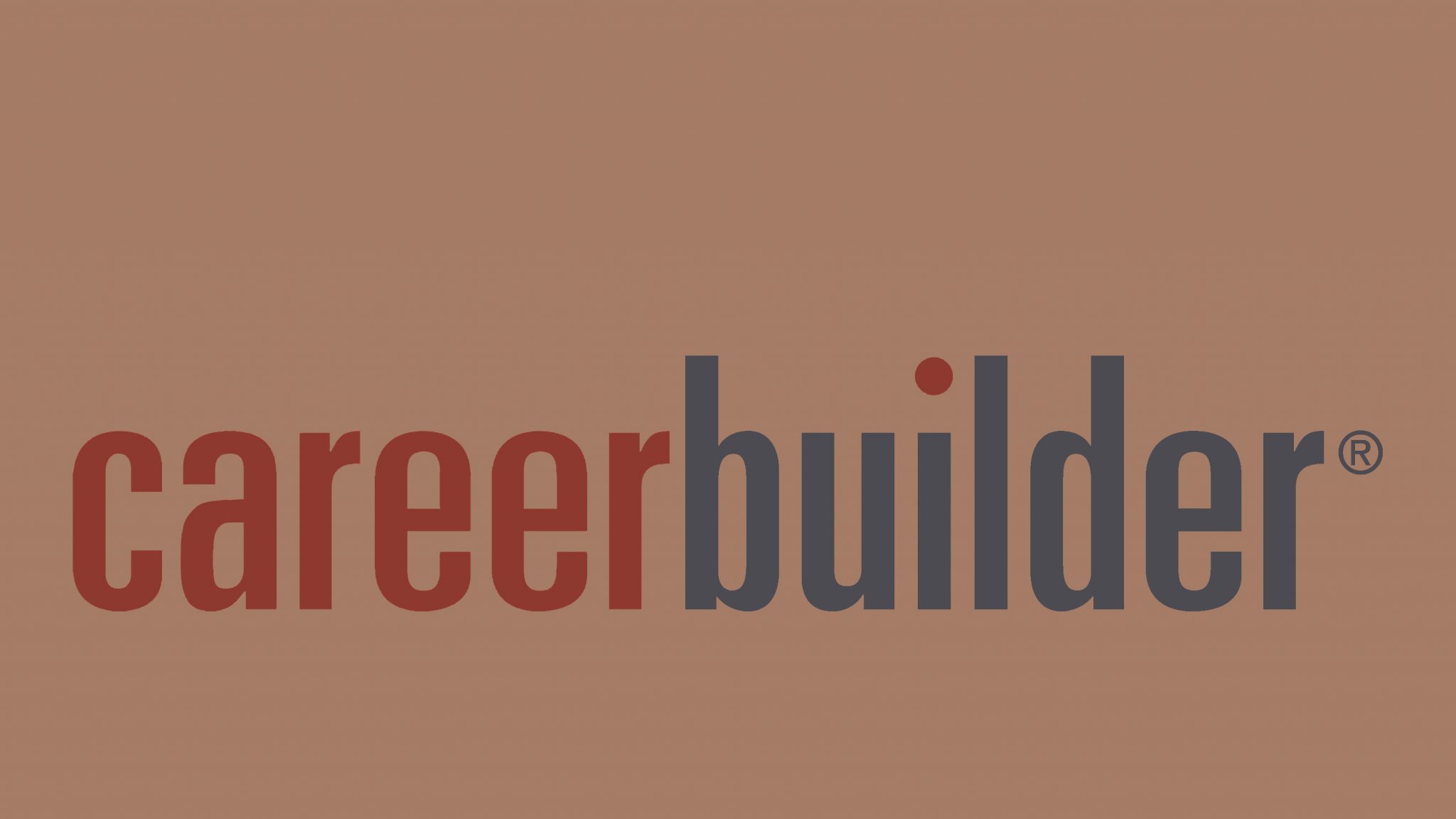Have you ever sat down and created a list of all the jobs you’ve worked during your life? The number may astonish you. My number astonishes me when I look at my list!
But what also astonishes me is that the approach to finding a new job and getting hired has its own set of unspoken and somewhat complex steps that one must follow in order to be successful.
For the purposes of not driving readers and job-seekers crazy who are reading this post, we’re going to focus on only one of the parts of your interview: asking pointed and targeted questions during your interview that communicate three things to your potential boss:
- You’re actually interested in the job and you’ve done your research on the role that you’re being interviewed for. This is important to show your potential employer because there are many job seekers who forget to research the roles that they are applying for.
- You’re motivated on a professional and personal level. No one wants to hire a person who lacks motivation. They are annoying to work with.
- You’re actively engaged in your interview. Basically, you’re not going to sit in the interview and say nothing to the interviewers.
There is an art to asking the RIGHT interview questions and not alienating or freaking out a potential new employer. Before you begin asking questions, remember that each job has its own specific set of questions that you should ask.
Questions for a leadership role.
If you’re applying for a leadership role, then the questions you ask should also include things such as:
What leadership style are you looking for?
How many people would the person in this role be supervising?
But, to keep things simple, in this post we’re going to assume that everyone is applying for mid-level administrative/management roles without supervisory duties.
First, be aware that there are some questions that you do need to be cautious about asking when speaking with your potential new employer during an interview.
If you’re aware that you’re interviewing for a role that you consider to be a short-term opportunity, and only have plans on working just for 2 or 3 years in that role, don’t let it slip that you’re not going to be there for the long-run. Most employers expect potential employees to leave within two to three years, but they like to pretend otherwise.
Questions for entry-level positions.
If you’re applying for an entry-level job here is a list of questions that may be appropriate to ask your interviewers. You do have to feel out the energy of the interview before asking them. Each interview has its own dynamic so you will have to play this by ear.
Examples of questions to ask include the following:
How do you see the person in this role supporting the overall mission of the department that they are in and the mission of the organization?
This question is important to ask because it helps you know where you stand in the organization AND it helps you know how the tasks you may work on are viewed by your potential colleagues.
What opportunities are there for advancement for the person in this role?
There is nothing worse than being hired for a job and there is nowhere to go in the position. If that’s the case you as the interviewee may make the decision that this is not the role for you OR that it’s a short-term opportunity until you find an opportunity in another organization.
How do you evaluate people in this role?
Job evaluations are a huge part of how you get raises, promoted, and get the feedback needed to better your job performance.
If the organization gives feedback in a way that you’re philosophically opposed to, such as having your colleagues’ give input on your performance evaluation or a scoring system, you need to know so that you can strategically work in such a way to earn positive reviews because you understand how you will be evaluated.
By the way, I absolutely hate having colleagues comment on your job performance because more often than not, you may have a colleague who can’t stand you. And, if a colleague can’t stand you it makes sense that they may be less inclined to give you a fair job assessment.
Do you know your non-negotiables?
What benefits do you offer?
Is flex-time important to you?
Life insurance, health insurance, etc?
What’s your maternity/paternity leave like?
Be careful with this question because potential employers may worry that you’re about to have a baby. Is it the type of organization where there may be the potential work from home? If the interviewer hasn’t answered these questions, it’s reasonable to ask them.
What is the company culture like?
Do you have to wear suits/dresses?
Have casual Fridays?
Are there events after normal business hours and do you have to show up?
But, before you begin asking these questions make sure to do your due diligence and research the organization as much as you possibly can. Then, be honest about what you’re looking for in any future role you may be interviewing for. What is a non-negotiable for you? What are you willing to compromise on?
Knowing your non-negotiables will create a framework for which questions you should be asking during your next interview.
Have you used any of these questions in a job interview? Do you have any other good ones to add? Let us know in the #Adulting Facebook community.



![[A076] Crush It: Impress During a Job Interview](https://adulting.tv/wp-content/uploads/2017/06/a076-1200x628.jpg)
![[A072] Score That Interview: Make a Resume That’s Legit](https://adulting.tv/wp-content/uploads/2017/05/a072-1200x628.jpg)




